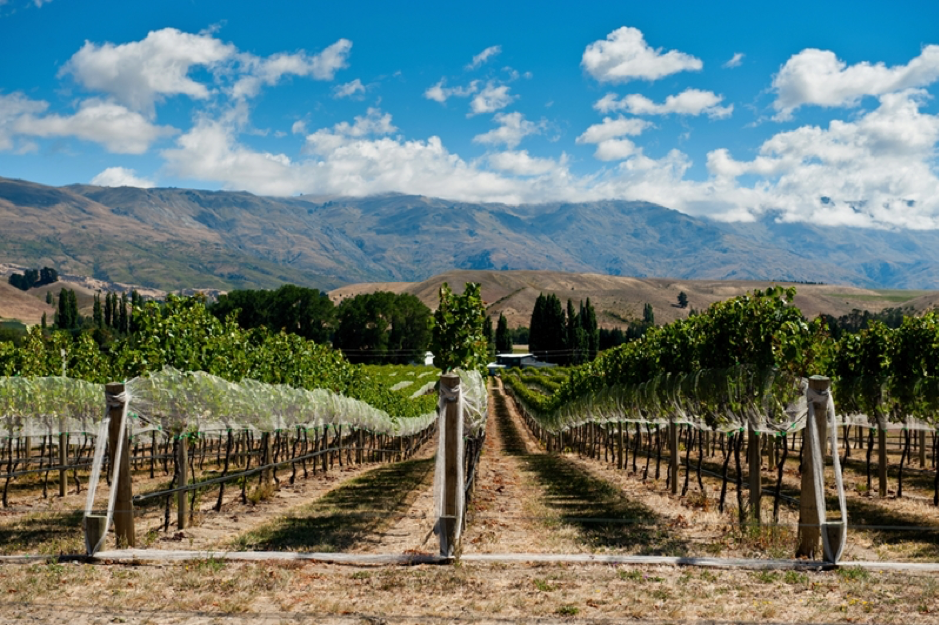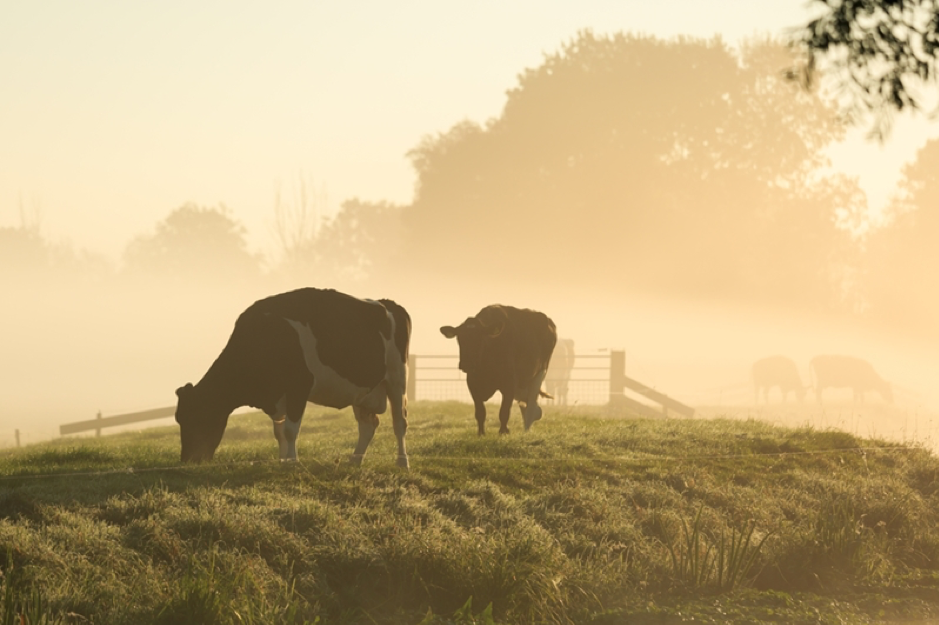You get less land for your money in New Zealand's cities than you do in its rural regions. In fact, the average asking price in Auckland is $931,339, whereas the average for the rest of the country is only $430,000, realestate.co.nz New Zealand data shows.
That's why for those looking to retire, take life slower or just enjoy the scenery, buying lifestyle property in New Zealand is a great option. There's a thing or two about buying rural that city-dwellers mightn't know - we've gone over the basics to make life easier.
Condition of fencing
If you buy land and need to replace the fencing you could be looking at large bill. Avoid that cost by having a fencer check its condition and asking the agent if any repairs are needed.
Have a look around the fence yourself while you're there to get a closer look and see if you're happy with its condition.

Buying a lifestyle block to live on can be a welcome change of pace for some.
Water supply
Many lifestyle blocks aren't connected to council water supplies and use bore or rain water collection instead. This shouldn't be an issue, however it's important that you're aware of where you water comes from before you buy because different systems may require more maintenance or come with a higher level of risk.
It's also worth enquiring about the condition of the tank or bore system, and whether the water is drinkable. If you plan to run a hobby farm on the land make sure the current owner has gained consent to use water for that purposes and that the consent is transferred to you upon sale.
Easements
An easement is an agreement between a landowner and another party to use their land in a certain way. These exist in city properties but are more common in rural areas. Examples of easements include shared driveways, shared water rights and drainage that runs through neighbouring properties.
It's essential you're aware of any easements on your property before you buy so ask the agent or check the LIM report to be sure.
Sewerage system
One of the most important things you need to know about rural property before you buy is whether it uses a septic sewerage system or a council provided one. If the property does have a septic sewerage system this shouldn't be a problem as long as it's consented and in good working condition.
These systems can be extremely expensive and messy to replace so be wary of properties with ageing or damaged ones.
Internet and cell coverage
Rural property usually has internet and cell coverage, however some areas may be a little patchy. It’s worth getting your phone out when inspecting the property to check the reception and asking the vendor about the quality of their internet. In the event that they don’t have internet or they’re not sure, it’s worth getting in touch with your current internet provider to see if they can provide a connection to the location.

There's a few secrets to buying rural property that you should know.
Land covenants
A land covenant is a set of rules written by the council or a developer that manage and limit the way that you can use the property.
Common land covenant rules include:
Prohibition of certain types of farming and of keeping certain types of pets.
- Requirements around the way you can build such as height or size limits.
- Prohibition of certain building materials.
- Limitations on further subdivision of the land.
Covenants are becoming increasingly common but are particularly prevalent in newly developed or subdivided lifestyle sections.
Use of neighbouring sections
The secret to buying lifestyle or rural property is to know exactly what to expect before you sign on the dotted line. With that in mind, agriculture in all its forms can be messy, smelly and loud. If your neighbours are farming or growing crops your property could be exposed to things like stock effluent leak or fertiliser spraying.
Check with the council what activities neighbouring properties are zoned for to avoid any such surprises before you buy.
If you're ready to go green, start your search for lifestyle property at one of New Zealand's biggest online property listing websites - realestate.co.nz.
07 Aug 2018

